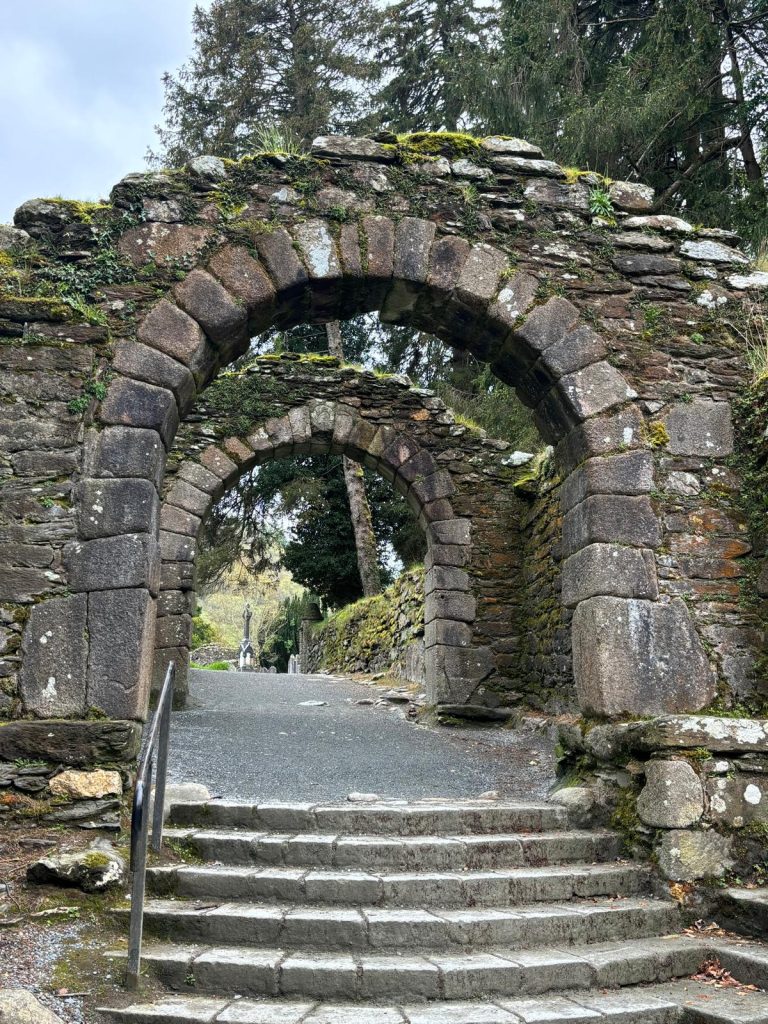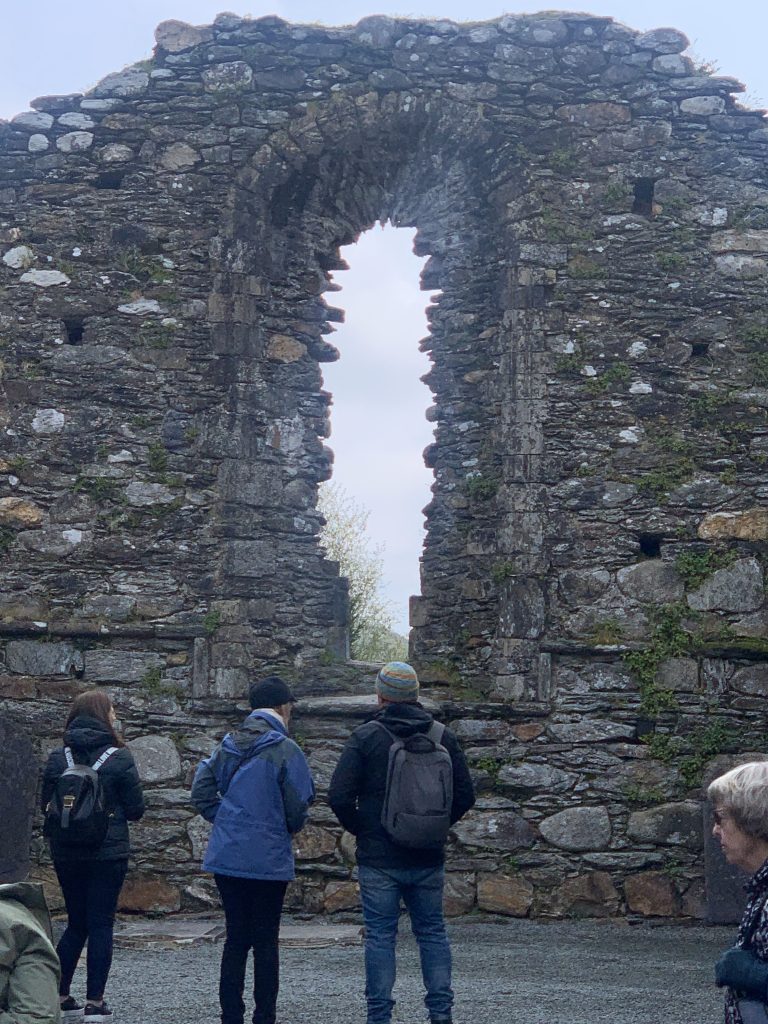As a newish Trustee Director, I have been most fortunate to join in the 2024 three-module MMC Mercy Leadership Program. I have not long returned from the Dublin Pilgrimage (Module 2) where pilgrims included senior leaders from all ministries, Sisters of Mercy and a Trustee from New Zealand. Together we ‘dived’ deeper into Catherine’s life and journey, learned about Sr Ursula Frayne and Sr Ellen Whitty (both central to our Australian foundations), and discussed the current global work of the Sisters of Mercy. We also explored how all of this might inform and equip us as ‘companions in mercy’ today.
In ‘Laudato Si’ Pope Francis states:
“The spirit of mercy has filled the universe with possibilities
And therefore from the very heart of things,
Something new can always emerge”.
Through our pilgrimage I felt we were taken into the very heart of Catherine’s devotion to mercy. Her faith driven commitment to women and children who experienced ill health, limited employment options, poverty, exclusion and abuse, emerged at a telling time in Irish history. That it grew internationally, and so quickly, is testament to both the pervasiveness of human need and the model of response that she lived.
The photo above is of the twin doorways that welcome travellers to the remains of St Kevin’s monastery. As we passed through them, we were counselled that we were entering a ‘thin place’, in other words a place where the divide between this world and another is thin. Another way of thinking about this, is that whilst we live and work in the reality of now, as leaders we are often charged with realising new possibilities which require disrupting the now to create a better tomorrow.
Catherine only sought to be faithful to her call, but to do that she had to be disruptive. Disruption was not her intent or goal, but disruptive she was! Catherine knew that enclosure of the Sisters of Mercy would not reach the most vulnerable. She believed women doing the work should lead the work and women and men of all persuasions were invited to support the work. Catherine saw alongside the wealthiest of circumstance, human need remained and so believed that those blessed with wealth and opportunity ought to be able to see that need every day (hence the location of the first house of mercy in Baggot Street – at the better end of town).
In the course of the pilgrimage, we reflected on the ‘liminal space’. The theory of liminality has its roots in anthropology. A liminal space is where we are between the familiar and the completely unknown. The word liminal comes from the Latin word limen, meaning threshold – any point or place of entering or beginning. So a liminal space is the time between the ‘what was’ and the ‘next’. It is a place of transition, waiting and not knowing. The liminal space is where transformation takes place, if we learn to wait and to let it inform us. We live in a liminal age where, as leaders, we are challenged to act and to wait in the same breath. Is being able to stay in these two opposing modes at the same time key to enabling transformation? Are there attitudes, beliefs or patterns we might have to let go of to be fully in the liminal space? How do we balance the need for organisational certainty and a faith informed uncertainty?
Maybe Module 3 will have the answers? I know I valued the insights, wisdom and friendship of my fellow pilgrims as we stared through the ruined windows of this world and wrestled with the intersections and contradictions of the ‘cry of the poor’, faith, Church, professionalism, disruption, responsibility and our own sense of call.
To paraphrase Catherine’s Suscipe, it was as if we prayed together:
My God we are yours for time and eternity;
Strengthen our bonds as companions;
Stand with us in the liminality of this moment;
Sharpen our discernment, in relationship with those we serve;
Take from our hearts all anxiety;
Deepen our courage and boldness as we take up our role in mercy leadership;
Teach us to cast ourselves into the loving arms of your Providence; and
Enable us to walk the pilgrimage of mercy to which you have called us. Amen.
Paul Linossier, Trustee Director


